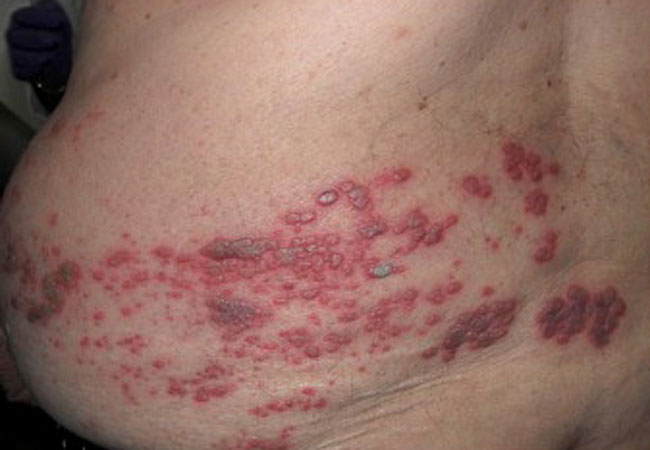A herpes cure is in the works. Scientists have recently completed studies involving monkeys, guinea pigs, and humans. However, human trials are still many years away, so patients should focus on existing treatments until this new vaccine is developed. Scientists are working on a vaccine to fight the infection and prevent it from recurring. They hope to develop a vaccine by studying the virus’s mechanism of hiding and killing it before it spreads.
A herpes cure is urgently needed. Not only are the direct health effects of the virus significant, but the social stigma of the condition makes finding a cure difficult. It is estimated that around 3.7 billion people worldwide are infected with the herpes virus, which makes it extremely difficult to find an effective cure. In addition, the virus can remain dormant in nerve cells for months at a time and emerge without warning to reactivate the infection. Since herpes is highly contagious, a minuscule amount of the infection can survive even after an outbreak has gone away. Because of these reasons, pharmaceutical companies are eager to develop a herpes cure. But first, they must overcome the lengthy and expensive research process of finding an effective treatment.
Another method of herpes curing involves gene therapy. This method is based on the same principle as previous research. Researchers have been able to modify genes in mice that mimic the human viral shedding process. In this method, 90% of the virus is eliminated from cells. While it is still early to tell whether or not this is a real herpes cure, it is an exciting development that promises a cure for the condition.
The first treatment of herpes usually involves seven to ten days of antiviral medication. This medication prevents outbreaks from occurring and helps the sore heal faster. While this method is not an effective herpes cure, it is effective in alleviating the pain associated with herpes sores and can even prevent outbreaks. It is important to wash your hands thoroughly before applying any medication or topical solution to your herpes sores.
Antiviral medication has remained a popular treatment for herpes because it significantly reduces the length and severity of outbreaks. It also reduces the risk of infection transmission to others. It is important to note, however, that these antivirals have not been proven to prevent the transmission of the virus, so it is important to monitor their effectiveness. It is vital to seek medical advice when using antiviral medications, and be sure to discuss side effects with your doctor.
Antiviral medications for herpes are not a cure, but they do alleviate the pain and symptoms associated with the infection. Antiviral drugs have reduced mortality rates in newborns who develop herpes. Antivirals block the viral enzyme that causes herpes to replicate, thus reducing the virus’ shedding. If you have hsv2 genital herpes, then make sure to treat it. Antivirals cannot completely eradicate the virus, but they can address symptoms and help the patient cope with the infection.
Herpes is spread most easily when blisters are visible on the infected person. However, the virus can spread to another part of the body at any time. Get in touch with Herpecillin for a Genital Herpes cure. Herpes can also spread from one area of the body to another by people’s fingers. So, it is important to keep in mind that it is important to consult with a doctor if you suspect you have herpes because she can test the fluid from the sores for herpes infection.
Unfortunately, herpes sufferers still have limited treatment options. Because the virus is largely undetectable in the body, it may not be detected by the immune system right away. Moreover, a herpes vaccine would only work if it targets the right part of the immune system and trains it to attack the invading virus. As such, a herpes vaccine would be beneficial for patients suffering from the condition.

